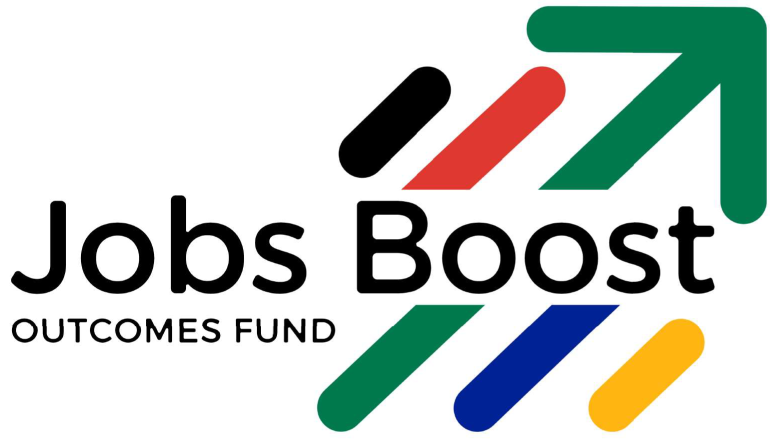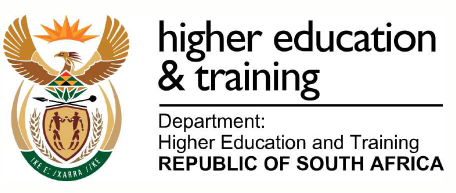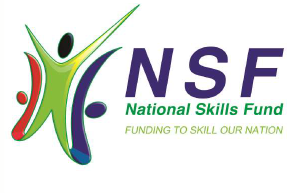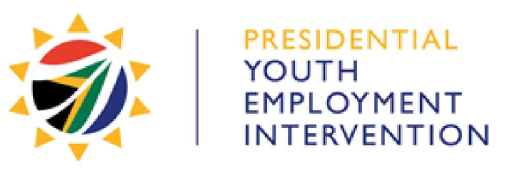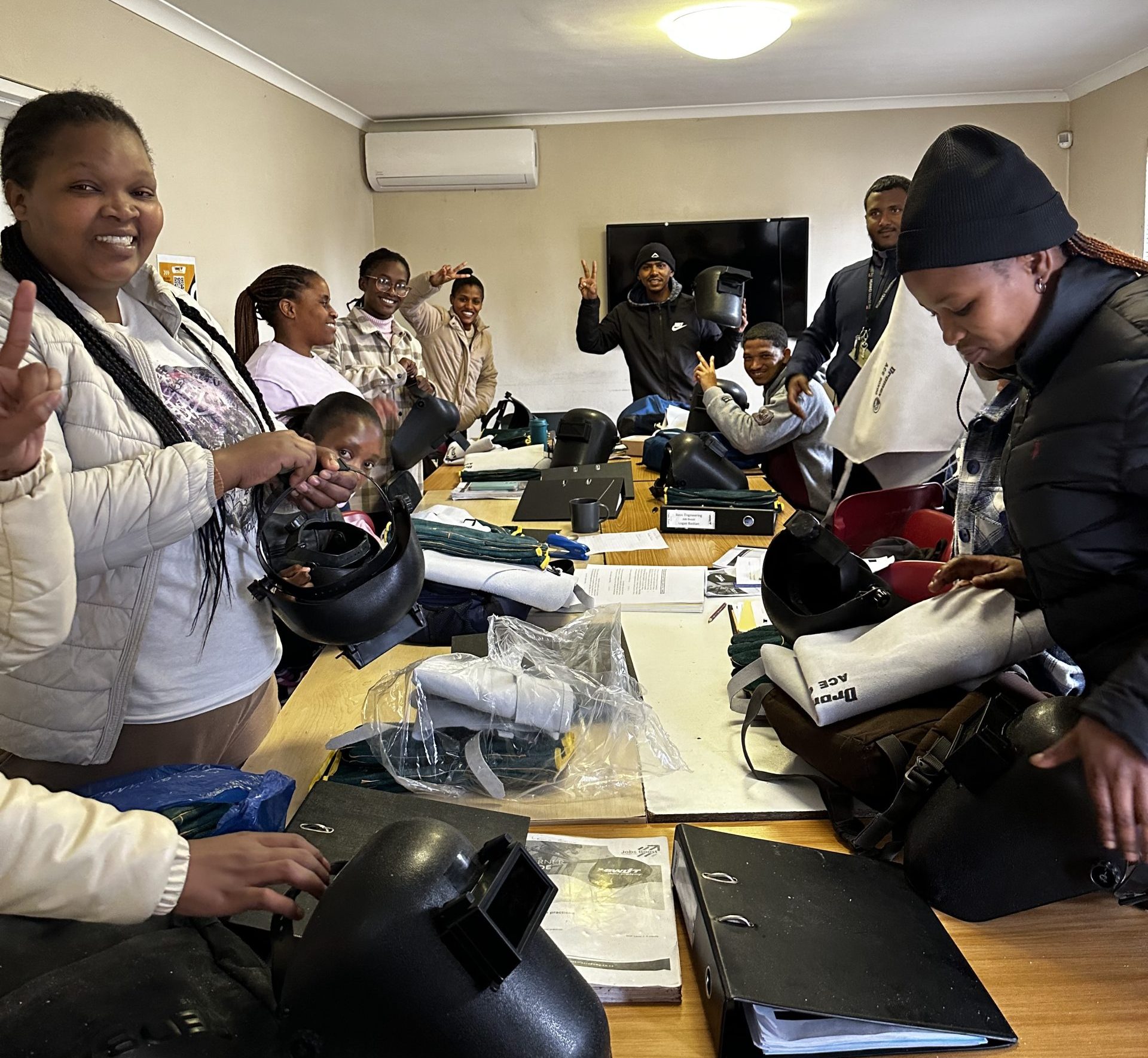

Press Release: Jobs Boost Outcomes Fund demonstrates success of outcomes-based model
POSTED ON: April 28, 2025 IN Newsby admin
The latest quarterly report on the Jobs Boost Outcomes Fund shows the effectiveness of outcomes-based financing approaches. By the end of March, 5,442 excluded young people had been enrolled into programmes and more than 3,070 had been placed into quality jobs across 107 employers. The programme is on course to exceed the target of 4,500 young people successfully holding quality jobs. Jobs Boost launched in mid-2024 and the first phase will conclude by end-2025.
An outcomes fund ties payments to delivery of specific outcomes. Implementation partners receive 80% of the funding only after the job seeker is placed in a qualifying job, with the final 20% paid only once the candidate has held the job for six months, ensuring implementation partners provide on-the-job support. Qualifying jobs are full-time formal sector jobs which pay at least minimum wage and in which wages are not subsidised. So far, 104 employers have employed Jobs Boost candidates and the average salary is R5,677/month, significantly above the minimum wage.
The Jobs Boost Outcomes Fund is an innovative approach to youth employment. The design ensures that implementation partners carry the risk of failing to deliver outcomes. In Jobs Boost, 12 implementation partners were appointed to deliver outcomes through a comprehensive selection process. This radically changes typical approaches to skills interventions which usually see government paying for inputs and activities such as training programmes and wage subsidies. In the traditional approach government carries the risk that these activities do not result in the intended jobs. An outcomes approach shifts the risk to implementation partners. International studies which informed the design of Jobs Boost show that implementation partners are incentivised to innovate and customise their interventions to ensure that jobseekers are successful.
Jobs Boost is demonstrating the success of the approach in South Africa. The project also catalyses efficiencies in the skills ecosystem, which spills over into many other skills programmes in the country. During the latest quarter, Jobs Boost encountered challenges including one partner who was affected by the withdrawal of USAID funding, resulting in intended jobs no longer being available, and another partner who could not meet its intended job placement targets. In these cases, the risk management approach that was developed as part of the design allowed Jobs Boost to reallocate budget to increase the outcomes targets of other partners. This ensures the overall programme, which has R300m in outcomes funding for the first phase, is able to meet its targets.
Jobs Boost will enter a second phase later in 2025 with a view to scaling up targets with increased funding.
The full quarterly can be accessed here: Performance data – Jobs Boost
For more information, contact Jennifer Kann, jkann@krutham.com
About Jobs Boost
The National Skills Fund is the outcomes funder of the first phase of Jobs Boost, contributing R300m to pay for the delivery of qualifying outcomes. Jobs Boost is part of the Presidential Youth Employment Intervention (PYEI) and initiated by the South African Presidency. Krutham was appointed to develop and manage the programme and the development of the programme was funded by the Michael & Susan Dell Foundation.
Share
